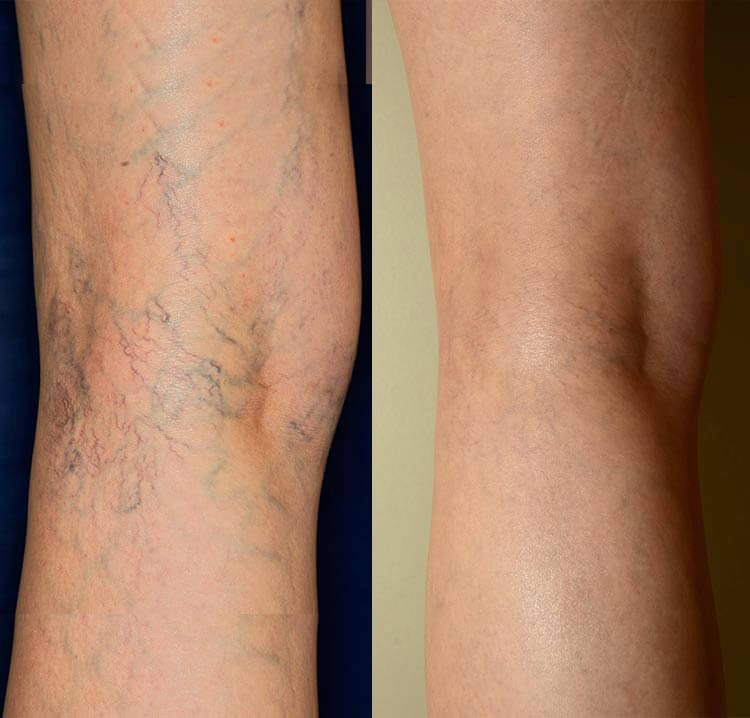What is Sclerotherapy?

Varicose veins are twisted, enlarged veins that appear close to the skin surface, mostly in the legs. They are often no cause of concern; many people that seek treatment do so for aesthetic purposes. However, for some, varicose veins cause bothersome symptoms like pain, cramping, swelling, and skin discoloration. The good news is that home treatments like leg elevation, exercise, and compression stockings can help alleviate the symptoms. But if symptoms persist, your doctor may recommend sclerotherapy Tallahassee, an effective treatment for varicose and spider veins.
What is sclerotherapy?
Sclerotherapy is a medical procedure often considered the treatment for small varicose veins. It involves injecting a solution directly into the varicose or spider vein. The chemical solution irritates the blood vessel lining, causing it to swell, stick together, and scar. As such, blood reroutes through healthier veins, and the collapsed vein is reabsorbed into local tissue and eventually fades.
The treated veins do not disappear immediately after treatment; they tend to fade within a few weeks, and occasionally, it may take a month or more to see the results. In some cases, doctors recommend follow-up treatments to achieve desired results.
Who needs sclerotherapy treatment?
Sclerotherapy is often done to reduce or eliminate the appearance of varicose veins or spider veins. It may be appropriate for people with small varicose veins, but it is not for everyone. Before treatment, you will consult a vascular specialist to determine if you are eligible. Your specialist may recommend against sclerotherapy if you:
- Have deep vein thrombosis
- Are pregnant. You will need to wait at least three months after delivery before you can have sclerotherapy.
- Are breastfeeding
How to prepare for sclerotherapy
Before treatment, your doctor will gather your medical history and perform a physical exam. For the physical examination, the doctor will evaluate the involved veins and check for any underlying blood vessel disease. Expect to answer questions about any:
- Recent illnesses or existing medical conditions, including a heart problem or history of blood clots.
- Allergies
- Medications or dietary supplements you take
- Previous treatments of varicose veins and treatment results
Before treatment, your doctor will instruct that you avoid the following medications:
- Antibiotics such as tetracycline or minocycline. These may cause bruising if you take them seven to ten days before or after treatment. Your provider will give you safe guidelines for stopping these medications. Inform your doctor if you need to take an antibiotic before invasive procedures.
- Anti-inflammatory medications, including ibuprofen. It may affect the effectiveness of the chemical solution or cause you to bleed more. Your doctor will give you specific instructions before you stop taking any medication.
What to expect during sclerotherapy
You will lie on your back or stomach, depending on the location of the varicose or spider veins. After cleansing the treated area, the doctor uses a fine needle to administer a solution into the right vein. You may experience minor stinging or cramps as the doctor inserts the needle. However, inform your doctor if you experience intense pain. Finally, the doctor withdraws the needle, applies compression, and massages the area to disperse the solution and keep blood out of the injected vessel.
If you have varicose veins, consult your doctor at Tallahassee Vein & Face Clinic to establish if sclerotherapy is the right treatment.

